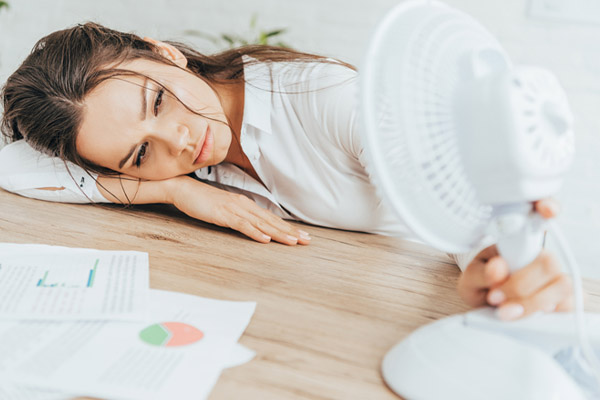
Air conditioning systems have two ways to make spaces feel colder. The first is lowering the room temperature, and the second is reducing the indoor humidity. Most individuals only know the first way, but the second one is equally essential for comfort. High humidity will make you feel hot and sticky even with reduced temperature. Air conditioners do this silently in the background. Something is wrong if your air conditioner not removing humidity. Conduct a quick check before you call your local, trusted HVAC technician.
Air Conditioners & Humidity Control
This article discusses some of the causes behind an air conditioner not properly removing humidity from your home.
How Air Conditioner Humidity Reduction Works
Air conditioners are designed to pull the hot and humid air from inside your home. This is then forced to pass through cold evaporator coils. The coils absorb the heat, so the air becomes colder. The moisture in the air also condenses as soon as they touch these cold coils, making the air less humid when they get out of the air conditioner. The water droplets forming in the coil drip into a drain pan and through a drain line. If there is any interference in the process, the air conditioner may be unable to reduce humidity effectively. This means you won’t feel comfortable even after the temperature has dropped.
Related Article: Tell-Tale Signs of An Overcharged Air Conditioner
Why Your Air Conditioner Is Not Removing Humidity
High humidity may not become an emergency, but it is still concerning. It can eventually cause damage to your ceilings, walls, furniture, wood floors, artwork, and books. Indoor plants may also rot and decay quickly. Humid environments encourage mold and mildew growth, so you may find unsightly spots around your home. Moreover, they also spread harmful spores and affect your indoor air quality. Doing nothing about this will make your home an unhealthy and uncomfortable space to live in. Act as soon as you can. Here are several likely reasons your air conditioner is failing to remove humidity:
Thermostat Fan Setting
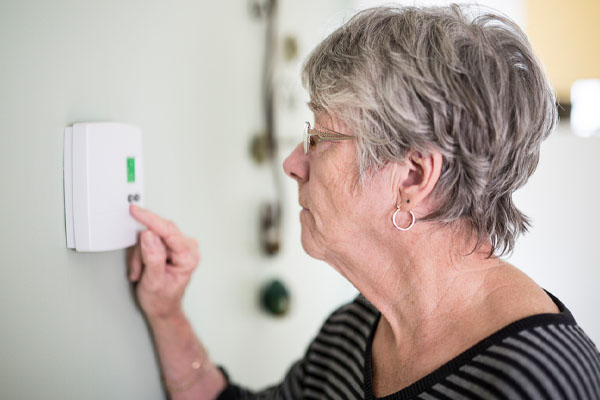
This is an easy-to-correct error. First, examine the thermostat fan’s settings. The fan is constantly running if it is set to ON. As a result, the cooling system cannot reduce humidity as the fan helps evaporate the water on the coils. The water does not flow to the drain pan and condensate lines and instead goes back into your home. Change the fan setting to AUTO instead. This way, it operates only during the cooling cycle, so the water has time to get out of the system properly.
Dirty Evaporator Coils
We now know how crucial the evaporator coils are in the cooling process. The water vapor turns into liquid when exposed to the cold coils. Unfortunately, dirt can get in the way of condensation. Coils that are covered in a thick layer of dirt become effectively insulated. This means they won’t have as much effect on their surroundings as they should. The air conditioner also won’t be able to lower the indoor temperature. Avoid this problem by getting regular AC maintenance. Have an HVAC technician visit your home at least once or twice yearly to clean the coils and other components of your cooling system to ensure top performance.
Related Article: Top 7 Things You Should Never Do To Your AC Unit
Air Conditioner Refrigerant Leak
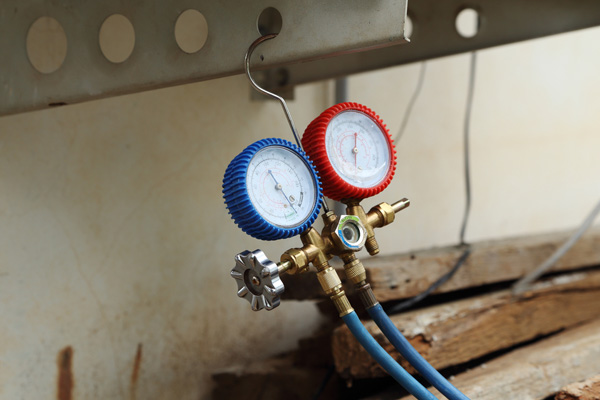
The coils have refrigerant flowing inside them. This chemical absorbs the heat inside your home and expels it outside. Therefore, there should be a sufficient amount in the system so it can do its job. Leaks along its path will deplete the amount of refrigerant in your system, so it cannot do its duties. The air conditioning system cannot cool your home or remove moisture in the air. You will feel warm air coming out of your vents instead. You may also hear a hissing noise from the system. The evaporator coil may also be covered in ice, and you may even see the air conditioner lines.
Faulty HVAC Ductwork
Air conditioning units utilize ducts to push air into different rooms. They may be out of sight, but you may still want to check their condition. Homes commonly experience duct leaks. As a result, 30% or more of the conditioned air is lost. The air conditioner will work inefficiently, which can be seen with the spike in your monthly energy costs. You may also notice uneven cooling, wherein some rooms are cool but others aren’t. This can help you determine where the leaks are. Indoor humidity will increase while air quality decreases. Hire a professional to help you with this issue since some ducts are hard to reach.
Related Article: Signs You Need Better Air Quality At Home
Oversized Cooling System
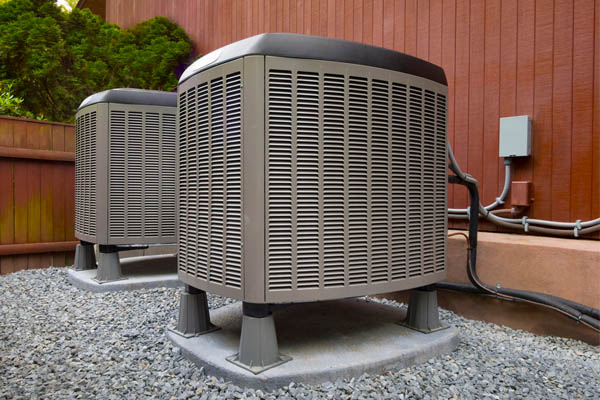
It isn’t necessarily true that bigger cooling systems are better than smaller ones. What’s important is you have a unit compatible with your home’s needs. Installing an air conditioner that’s too large means your house will cool too quickly. You may get your desired temperature, but the cycle will not run for enough time to reduce indoor humidity. The air conditioner also tends to switch on and off again in short bursts, which is detrimental to its components. Install a cooling system that’s the right size for your home to avoid short cycling. Consult an HVAC professional to help you.
Conclusion
Humidity is as crucial as temperature to achieve comfort in your home. Air conditioners are designed to handle both. However, problems such as low refrigerant, wrong settings, leaky ductwork, dirty coils, and oversized systems can be detrimental to it. Homes may become damaged, and occupants may get sick if high humidity persists. Call a reliable HVAC technician to get advanced solutions. They can help you ensure your system returns to normal operations quickly so your household can stay in a more comfortable home.
Related Article: How Evaporator & Condenser Coils Help Cool Your Home
Call Point Bay Fuel For All Of Your HVAC Requirements

Point Bay Fuel offers top-notch HVAC services in Ocean and Monmouth Counties, New Jersey. We have the best professionally certified technicians who can perform exceptional heating and cooling installations, repairs, replacements, and tune-ups. Rest assured, our techs will utilize their extensive knowledge and experience to service your HVAC system correctly.
To ensure you get the most competitive HVAC service prices in the area, call Point Bay Fuel. We provide maintenance services that can improve your comfort and energy efficiency while reducing your home’s energy costs. If you need an HVAC repair or replacement system, we can recommend the best one for your home within your budget. Your satisfaction and safety are always our priorities, so all our work is guaranteed. Call us today to schedule a service appointment and get a free, in-home estimate.
Contact us now by calling (732) 349-5059 to speak to one of our home comfort specialists! Click the link to view our service area.
The post Top Reasons Your Air Conditioner Is Not Removing Humidity appeared first on Point Bay Fuel.
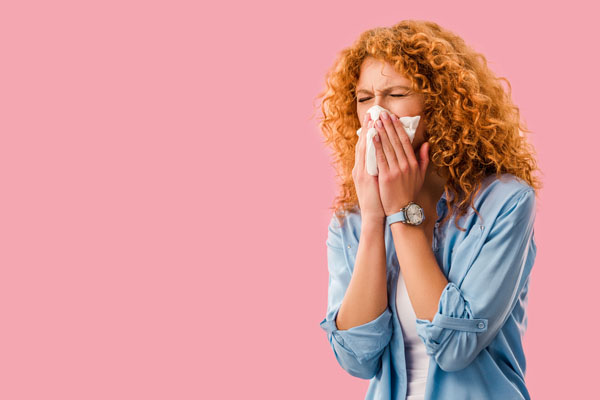


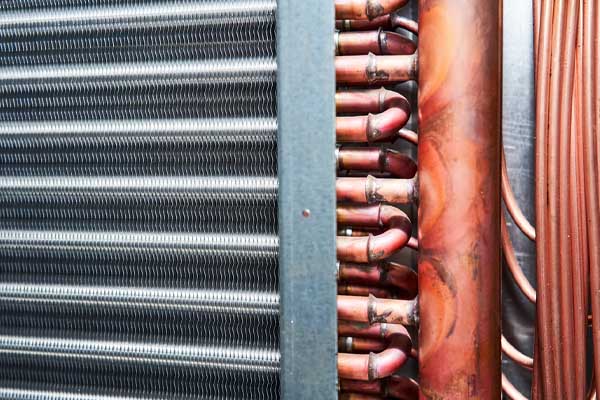
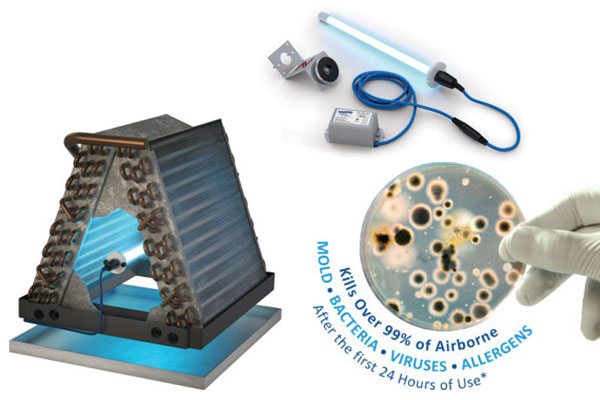

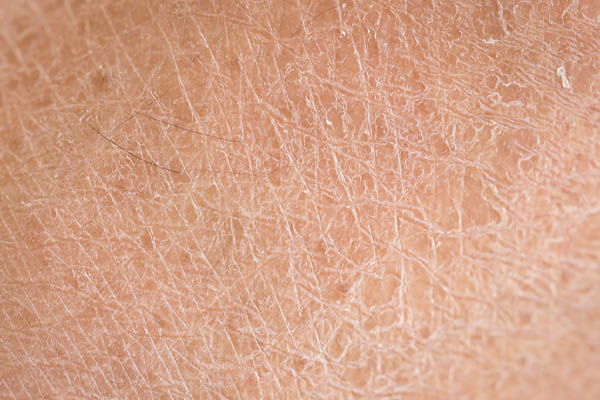
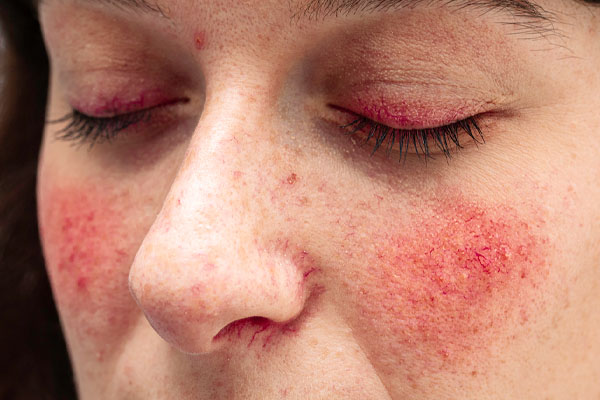
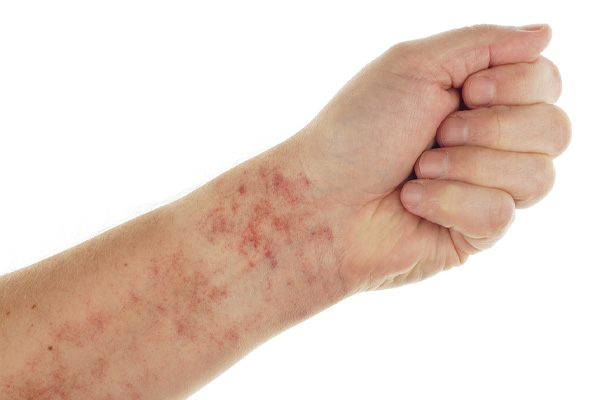

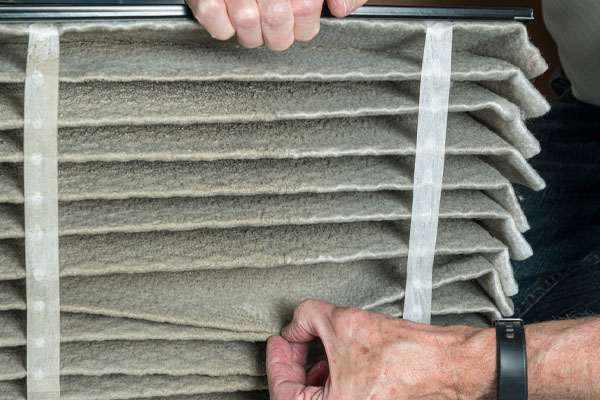
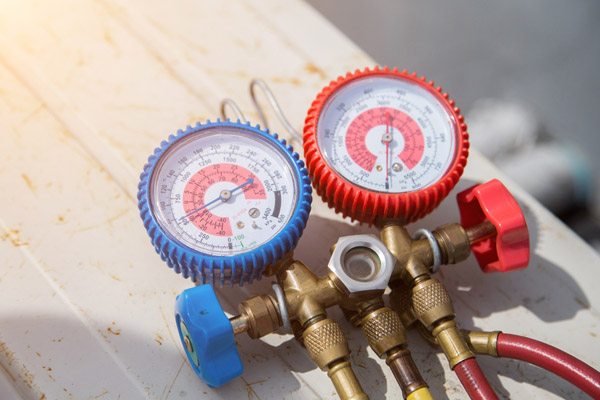

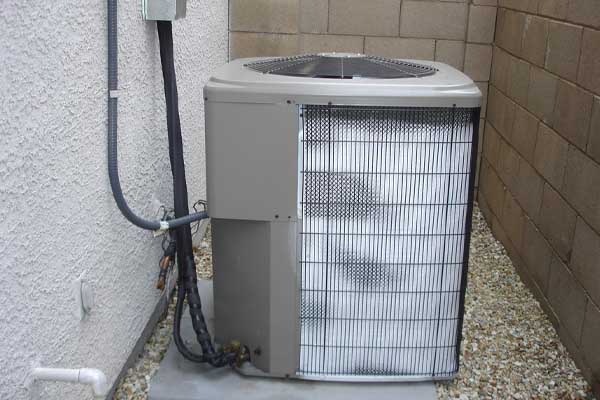
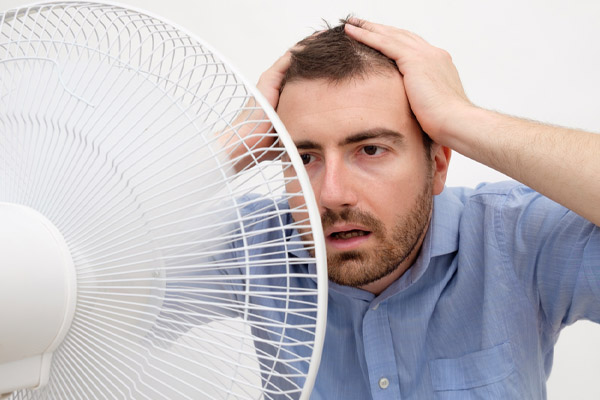
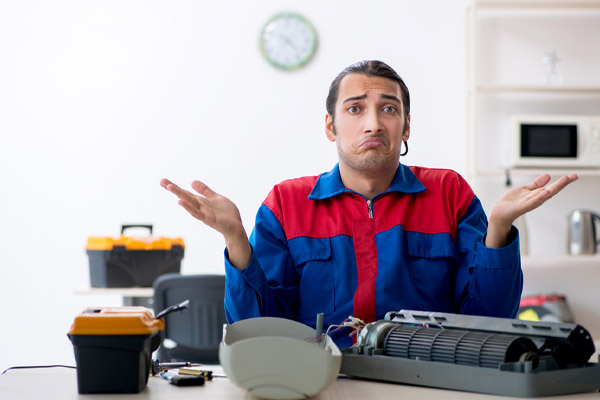
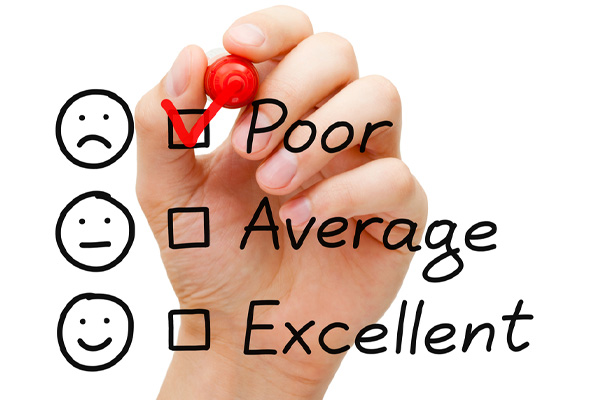 Here are what can happen if you have an overcharged air conditioner:
Here are what can happen if you have an overcharged air conditioner: